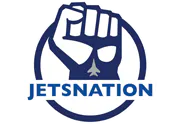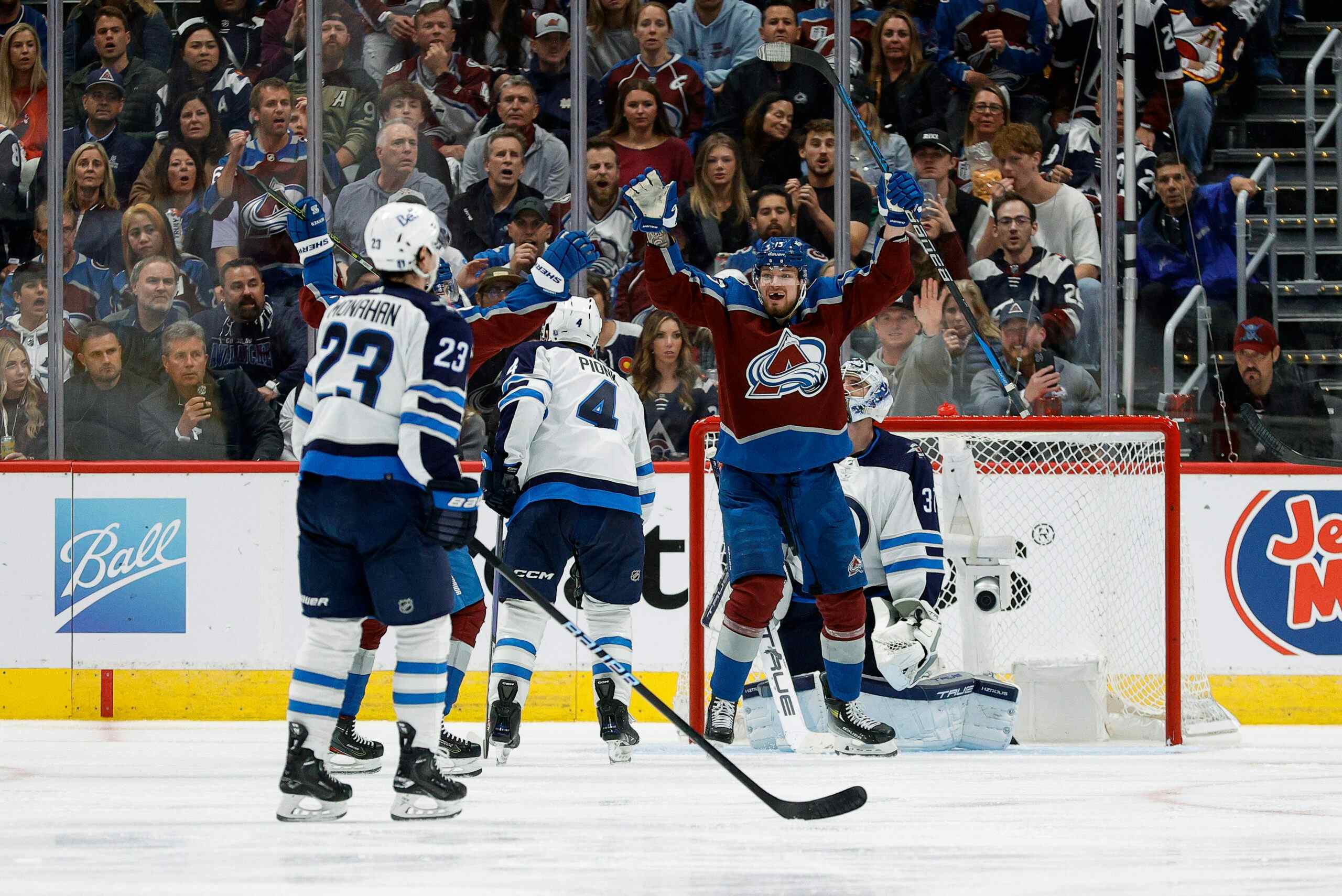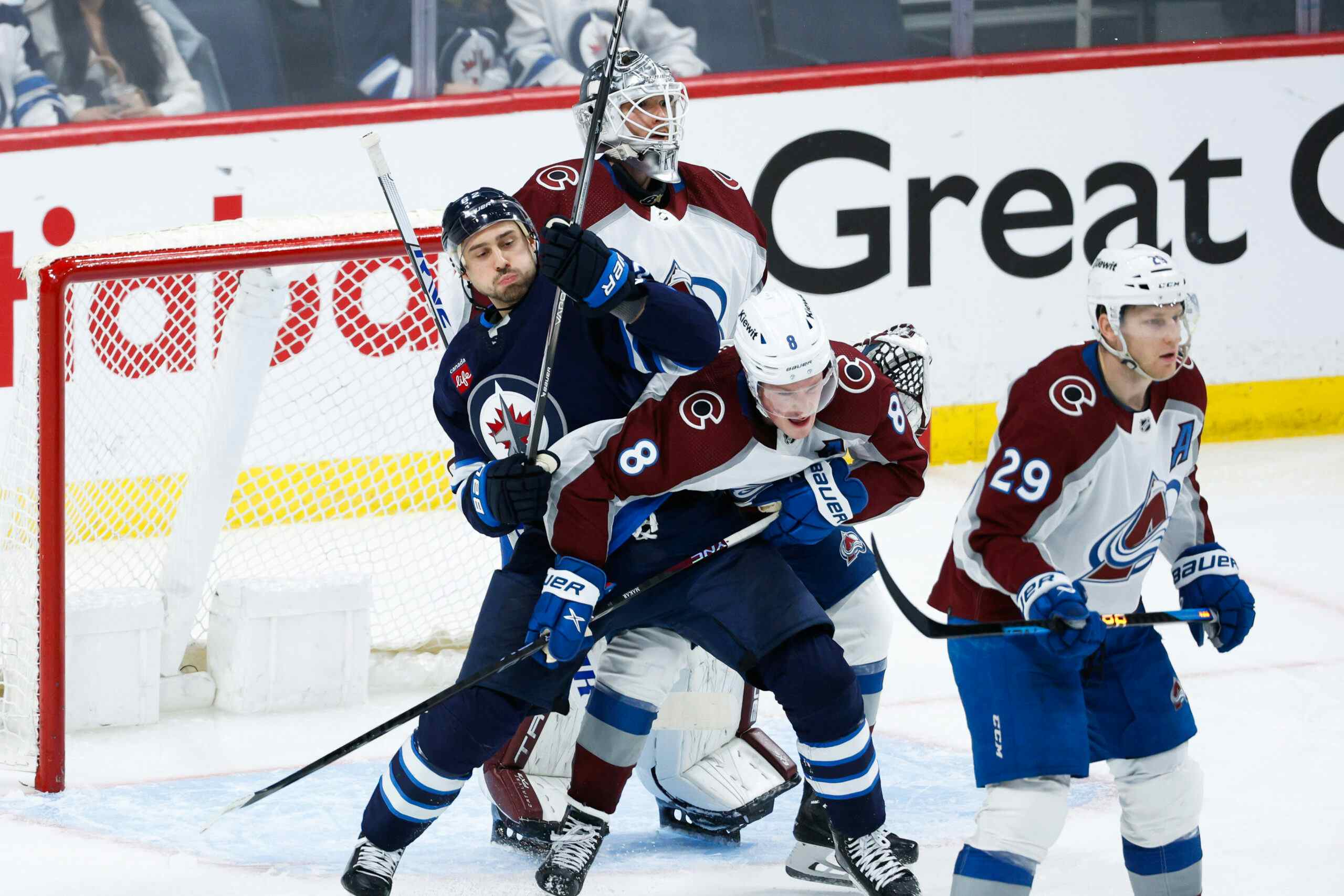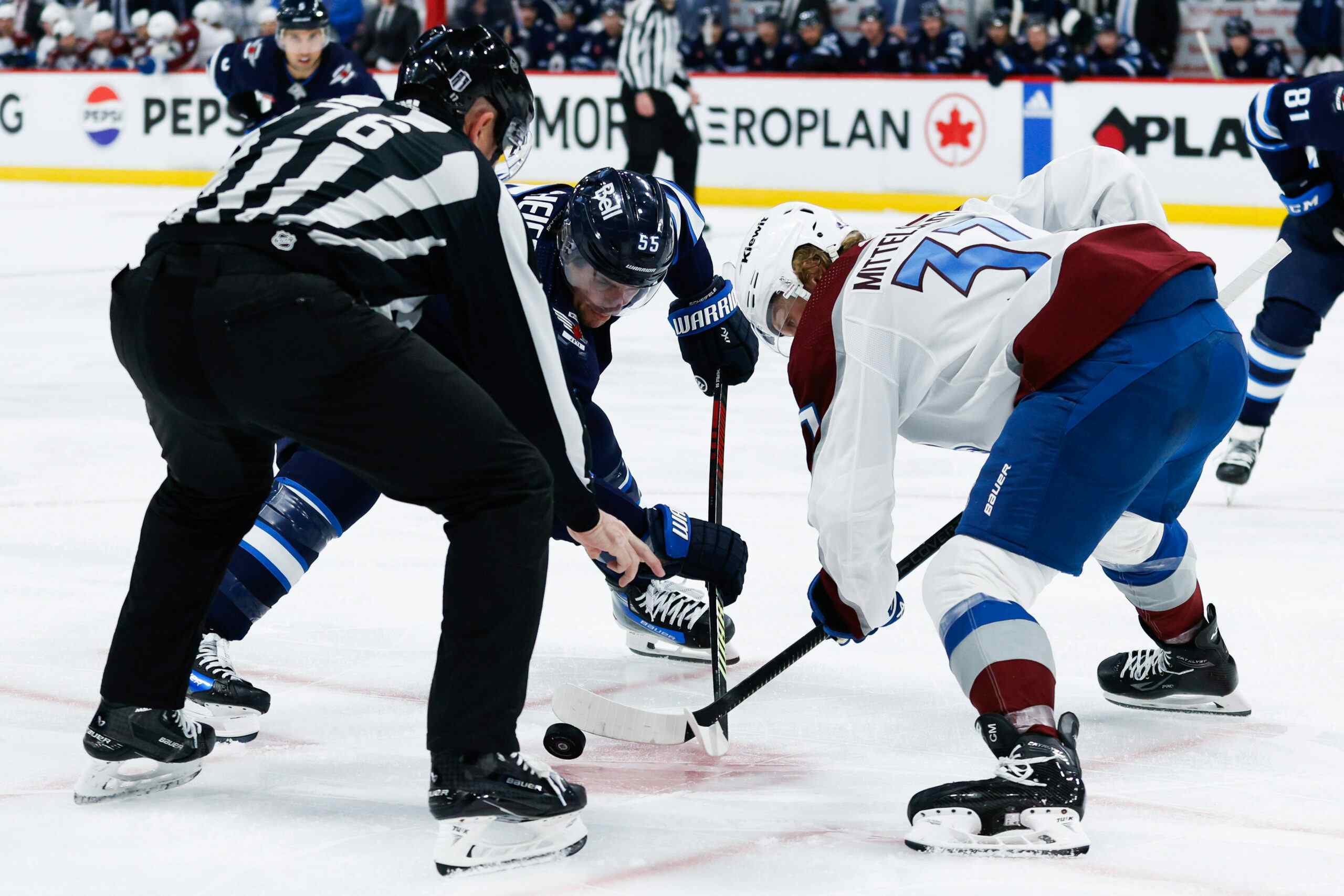January 13th News and Notes

After asking its fans to spend their fall and early winter doing other things, our country’s favourite time-waster is officially back in business. The league and PA signed their long-awaited MOU this evening, which will allow the NHL to resume something resembling normal operations later today. With that, a round-up of a few items of interest is in order. After the jump, schedule notes for the Jets, as well as a few thoughts about some of the new terms in the CBA.
Jets’ Schedule:
The NHL and PA finally inking an interim agreement meant the release of this season’s schedule. The Jets’ calendar had been mostly leaked yesterday, but there still a few things worth reviewing.
First, the goal of the team pretty clearly has to be to make to early April in one piece. The Jets have 7 of their last 9 at home, and the only team that was better than mediocre last season in that set is Philadelphia. What proceeds the final home stretch, obviously, is a very tough run to get to that point, especially during a run from mid-February to mid-March that has the club playing 9 of 11 away from MTS Centre. Winnipeg’s shabby goaltending, special teams and overall lack of depth were particularly exposed away from home last year, and another season of incompetence on the road will mean the end of meaningful hockey well before they leave Montreal on April 4th.
In terms of quirks, the clearest one is the back to back home dates against Washington on March 21-22. That sort of action occured regularly back in the dark ages and is still standard in the AHL, but as travel has modernized in the bigs we really haven’t seen it during the regular year. If the standings in the Southeast are as compressed as last season, winning those two might be a handy thing come season’s end. The one road oddity is the trip to Florida in early March, where the Jets play the Panthers on the 5th, the Lightning on the 7th, and then return to Sunrise on the 8th. Florida and Washington are the two SE teams that Winnipeg play 5 times, with the Jets having the extra home tilt versus the Capitals.
On the TV side of things, CBC’s docket has the Jets featuring 7 times, while TSN are scheduled to air 3 games, and TSN Jets will cover 34 games. That leaves 4 games, at least for now, that are not scheduled to be televised affairs. Feb. 12th vs.PHI, Feb. 23 at PHI, Mar. 30th at CAR, and Apr. 20th vs. NYI are the games in question. The last 3 are on Saturday afternoons, and CBC has primary rights to Canadian teams on that day. There aren’t any conflicting games scheduled by the People’s Network as of yet, so they might fill in the blanks, or they could let TSN Jets take those games. The February 12th game seems the odd one out, being that it falls on a Tuesday night, so it could just be an oversight.

New CBA business:
As mentioned, the league and PA signed their Memorandum of Understanding last night, and the released Summary of Terms (warning: PDF) makes for some light reading for those interested in CBA documents. The media has leaked most of the details since the two sides reached their tentative agreement last Sunday morning, but a few details did catch my eye once I had a chance to read the terms last night.
Starting in 13/14, the league will allow for an expansion of the upper limit beginning on March 1 in order to facilitate tagging room. Tagging is the practice that forces clubs to keep all contracts on the books for the next year below the current season’s cap. This has affected a few teams’ abilities to ink their own free agents to extensions before July 1, since they needed contracts to come off the books before they were allowed to add payroll. One feature of the previous CBA was the 10% overage permitted during the summer to allow teams flexibility, and so the two sides have agreed that for tagging purposes only, they’ll move the date for that 10% expansion kicking in to the spring.
I also noted that the situation that afflicted Calgary late in 08/09 has been addressed. The Flames had no cap space at the end of that season, and when a spate of injuries happened after the deadline for LTIR to be used had passed, they resorted to dressing as few as 15 skaters during the last couple of weeks. The new rules will allow a team to add players on an emergency basis even if that would put them over the cap, provided that the players in question made no more than 100k over the league minimum.
The final item that got my attention was the change to revenue sharing requirements. As was suspected, large market clubs like the Islanders are now eligible for a 50% share, which is a change from the old rule disqualifying them due to the size of their TV market.
The biggest change, though, might be the elimination of ticket sale requirements for teams to qualify. That has been replaced by a rule that sets the baseline for unfettered access to revenue sharing at 75% of league average gate receipts. This is a very significant change in my view, and will force several teams, particularly in the Sunbelt, to adjust how they’ve set their ticket prices.
As a regular traveller to Phoenix, I’ve noted with some amusement that the Coyotes’ ticket prices are astonishingly low, at least for someone used to Canadian costs. The Coyotes apparently felt compelled to take this approach to get paid fans in the building, both in the hope of growing their ticket base and being able to meet the revenue sharing targets in the old CBA.
That approach will have to be set aside over the next couple of years, though. 75% of average gate receipts would currently equal roughly 750,000 per game, or north of 30 million a year. Take these numbers from Forbes for what they’re worth, but here are the teams that allegedly didn’t get to 30M last season:
| NYI | 19M | |
| Phoenix | 22M | |
| Tampa | 23M | |
| Florida | 25M | |
| Dallas | 26M | |
| Carolina | 27M | |
| Columbus | 28M | |
| Nashville | 29M |
Keep in mind that those figures would include 4 home playoff games for Florida, 5 for Nashville, and 8 for the Coyotes. Absent playoffs, the Coyotes would have been around 13M for the year, so you can see the issues they face in order to get revenue sharing without having the league’s new oversight committee involved. Any club that has new ownership does get a two year holiday from that oversight, so Greg Jamison will have a bit of time to improve matters in Glendale, provided he has enough money to actually close the purchase of the team. Still, they have a mountain to climb.
The Islanders’ situation also looks dire, but I suspect moving to Brooklyn should ease matters somewhat, since they’ll likely be able to charge quite a bit more for tickets than they do at the NHL’s worst arena. Tampa and Florida, though, will really have to get off of the pot. The Lightning in particular have had solid looking attendance figures, but as I mentioned, they’ve done it with very cheap tickets. That’s going to end over the next couple of years even if team performance and local market conditions might dictate otherwise, and Tampa won’t be alone in having to ask quite a bit more from their patrons, so it could make for interesting times in a few of the league’s marginal markets.
Enjoy the rest of your Sunday.
Recent articles from Robert Cleave





